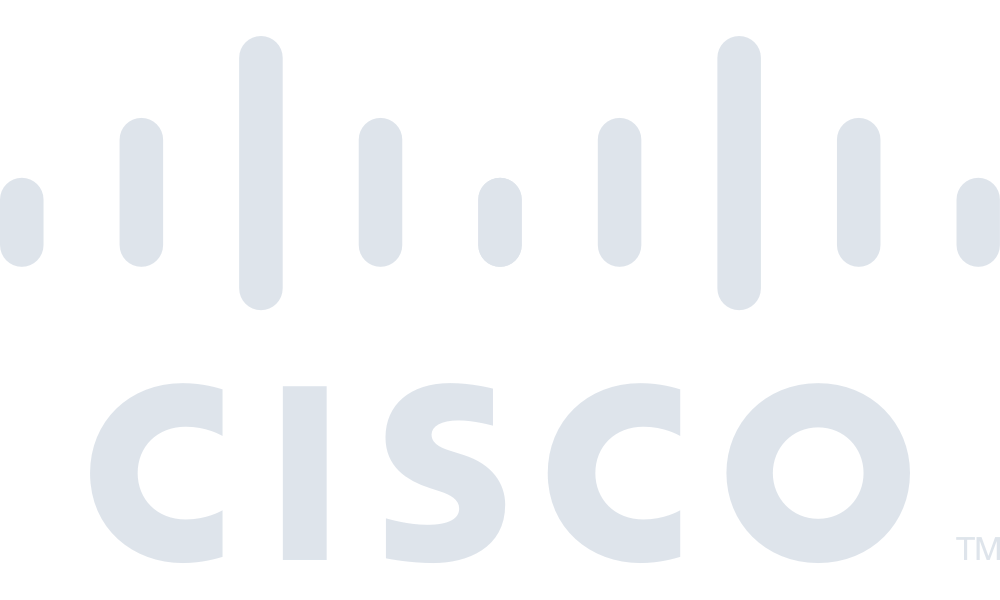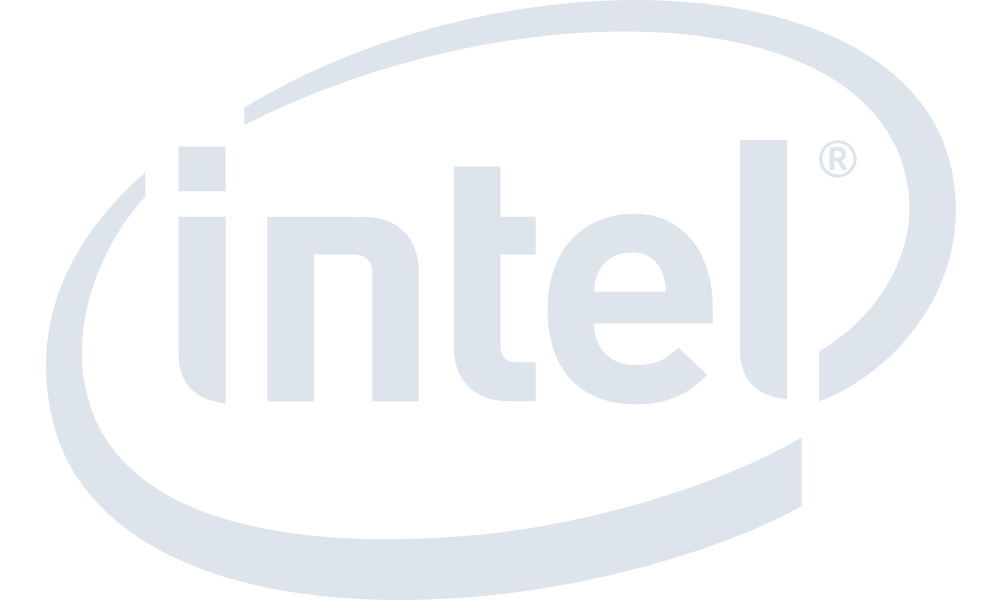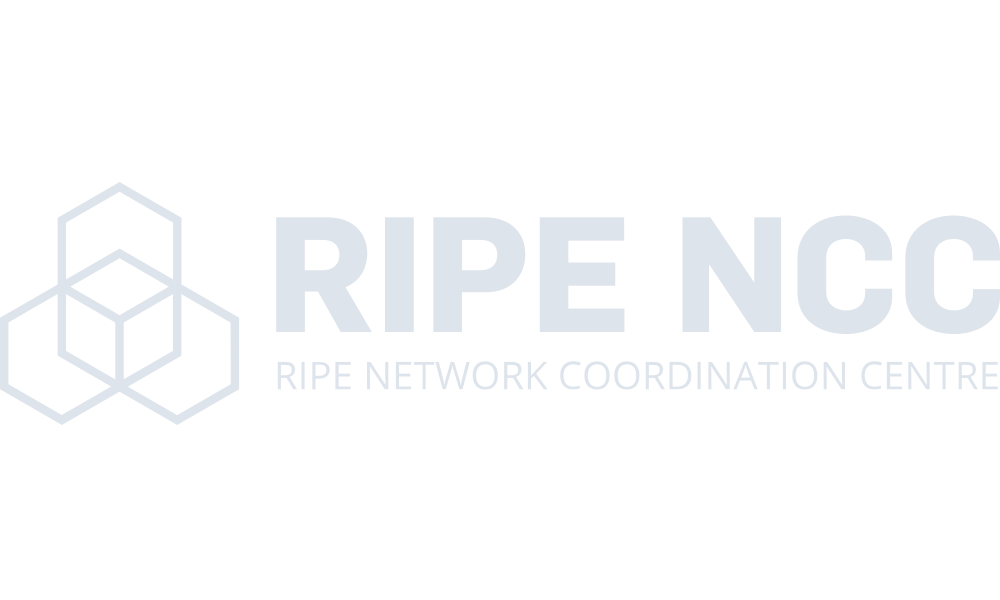IPV6 VPS VPS Server Features



IPv6 VPS refers to a Virtual Private Server (VPS) that utilizes the Internet Protocol version 6 (IPv6) for communication. IPv6 is the latest version of the Internet Protocol, designed to replace the older IPv4 due to the exhaustion of available IPv4 addresses. In contrast to IPv4, which uses 32-bit addresses, IPv6 employs 128-bit addresses, providing an immensely larger pool of unique IP addresses.
An IPv6 VPS operates on a virtualized server infrastructure, allowing users to have dedicated resources and control over their hosting environment. This type of VPS is particularly beneficial for those who want to ensure compatibility with the evolving Internet infrastructure, take advantage of the expanded address space, and enjoy improved security features provided by VPS IPv6.
Key features of IPv6 VPS may include efficient routing, directed data flows through multicast support, and enhanced security protocols such as IPSec. It enables businesses and individuals to stay current with the latest advancements in networking technology while ensuring a reliable and secure hosting environment for their applications and websites.
Benefiting from the expertise of our professional team and the strategic placement of our world-class data centers, our VPS provider IPv6 proudly assure 99.9% uptime and 24/7 customer support. Complementing our suite of IPv6 VPS services, we extend the flexibility of choosing your preferred operating system.
An VPS IPv6 can be used for a variety of purposes, similar to traditional VPS hosting. Here are some common use cases:
- Website Hosting:
You can host websites and web applications on an IPv6 VPS. This is especially relevant as the Internet transitions to IPv6, and having IPv6 compatibility ensures broader accessibility.
- Application Development and Testing:
Use the VPS environment for software development, testing, and staging before deploying applications to a production environment.
- Remote Desktop and VPN Services:
Set up a Virtual Private Network (VPN) or remote desktop services to securely access your VPS from anywhere, enhancing remote work capabilities.
- Game Servers:
Host game servers for multiplayer gaming. A VPS provides dedicated resources for a smoother gaming experience.
- Data Storage and Backup:
Utilize the VPS for data storage, file hosting, or as a backup server to store and secure important files.
- Mail Server:
Run your own mail server, allowing you to have greater control over your email infrastructure.
- Private Cloud Hosting:
Create a private cloud environment for personal or business use, providing scalable and customizable resources.
- Development Environments:
Create isolated development environments for different projects, ensuring a clean and dedicated space for coding and testing.
- Network Services:
Run various network services such as DNS, DHCP, or monitoring tools to manage and optimize your network.
- Security Testing:
Conduct security testing, penetration testing, and other security-related activities in a controlled and isolated environment.
Remember that the flexibility and control offered by an IPv6 VPS make it suitable for a wide range of applications, and its usage depends on your specific needs and requirements.
Benefits of IPV6
Security:
IPv6 incorporates IPSec security, ensuring confidentiality, authentication, and data integrity.
Directed Data Flows:
IPv6 opts for multicast over broadcast, enabling bandwidth-intensive packet flows to reach multiple destinations simultaneously, thus conserving network bandwidth.
Streamlined Packet Processing:
In contrast to IPv4, IPv6 lacks an IP-level checksum, eliminating the need for recalculating the checksum at each router hop, resulting in more efficient packet processing.
Enhanced Routing Efficiency:
IPv6 reduces the size of routing tables, enhancing the efficiency and hierarchy of routing.
Support for New Services:
The elimination of Network Address Translation (NAT) in IPv6 restores true end-to-end connectivity at the IP layer, facilitating the development of new and valuable services. Peer-to-peer networks are simpler to establish and maintain, while services like VoIP and Quality of Service (QoS) gain increased robustness.
FAQ IPV6 VPS
Partners








![How To Check Node Version [Step-By-Step Guide]](/image/480/29d0d874-46f5-11ee-b54a-0242fc06ce4f.jpeg)

